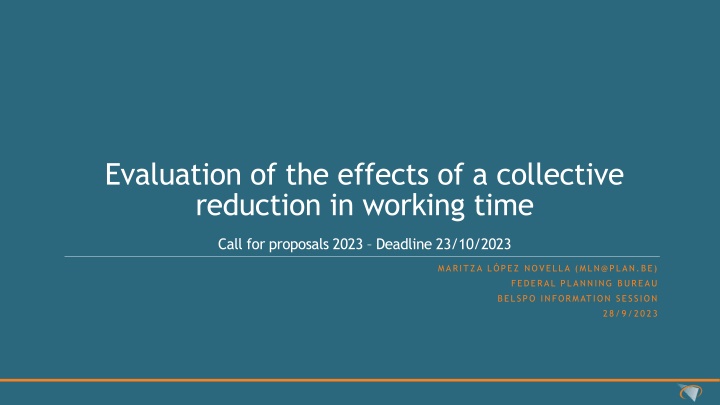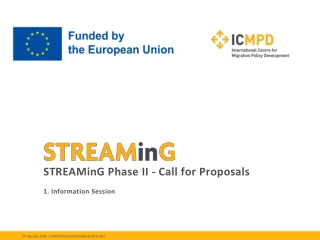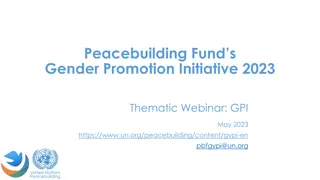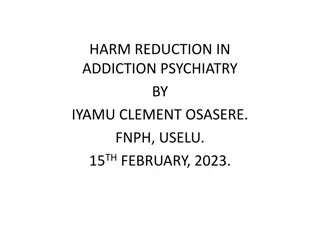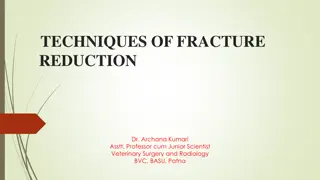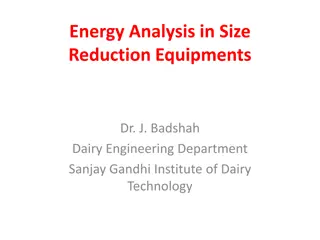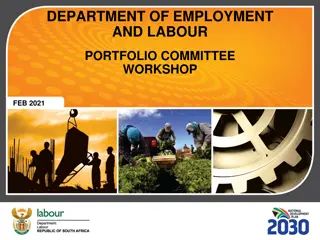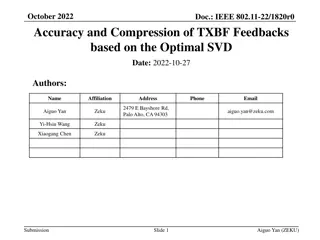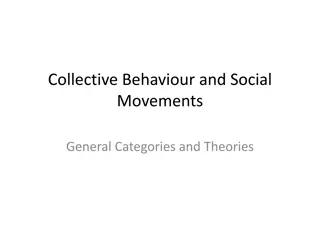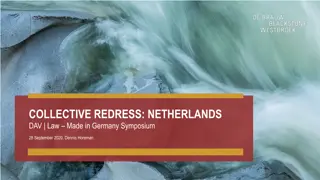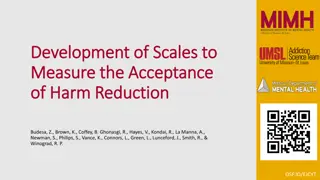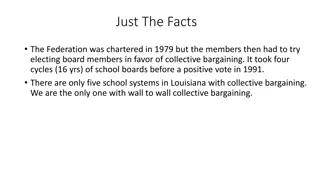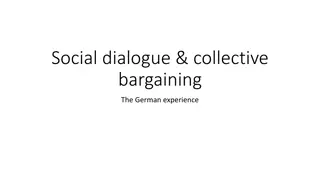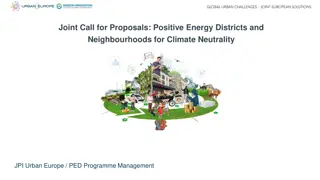Evaluation of Collective Reduction in Working Time: Call for Proposals 2023
This call for proposals aims to evaluate the effects of a collective reduction in working time on various aspects such as wellbeing, productivity, employment, and climate. The project proposes a pilot experiment where firms voluntarily introduce a four-day workweek without loss of salary. The methodology includes surveying outcome indicators before, during, and after the experiment. The expertise required includes knowledge in working conditions, change management, data collection, and analysis. The desired output is to contribute to the scientific literature on the effects of reduced working time and provide evidence-based recommendations on existing measures. For more information, contact MLN@PLAN.BE.
Download Presentation

Please find below an Image/Link to download the presentation.
The content on the website is provided AS IS for your information and personal use only. It may not be sold, licensed, or shared on other websites without obtaining consent from the author.If you encounter any issues during the download, it is possible that the publisher has removed the file from their server.
You are allowed to download the files provided on this website for personal or commercial use, subject to the condition that they are used lawfully. All files are the property of their respective owners.
The content on the website is provided AS IS for your information and personal use only. It may not be sold, licensed, or shared on other websites without obtaining consent from the author.
E N D
Presentation Transcript
Evaluation of the effects of a collective reduction in working time Call for proposals 2023 Deadline 23/10/2023 MARITZA L PEZ NOVELLA (MLN@PLAN.BE) FEDERAL PLANNING BUREAU BELSPO INFORMATION SESSION 28/9/2023
Agenda 1. Aims of the project 2. Proposed methodology 3. Needed expertise 4. Desired output 2
Aims of the project Evaluate the effects of a collective reduction in working time (RWT) Wellbeing Productivity Employment Climate Evaluate the role of existing measures in helping employers implement a RWT Cuts in employers social security contributions Collaboration with the Federal Planning Bureau 3
Proposed Methodology (1/2) Pilot experiment where a sample of firms voluntarily introduce a RWT Without loss of salary 4-day workweek ( Friday off , variable day, ) 6 months Survey Outcome indicators Measurements before, during and after the experiment 4
Proposed Methodology (2/2) Tasks include Select a sample of firms (as large and diversified as possible) Support firms before and during the experiment Define metrics to be used for the survey Research methodology Case studies Control group ... 5
Expertise Working conditions and organisation Change management Data collection and analysis Survey data Metrics on employee wellbeing, productivity, etc. 6
Output Contribute to the scientific literature on the effects of RWT Relevant topic (revival since the pandemic) Until now centered mostly on employment effects Lack of robust evidence for other indicators Evidence-based recommendations on the existing measures Why are they not being used? 7
Questions? mln@plan.be
